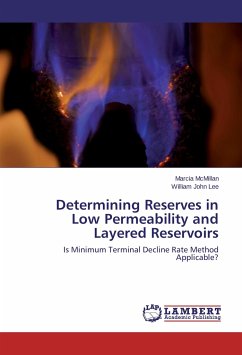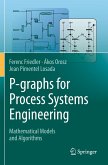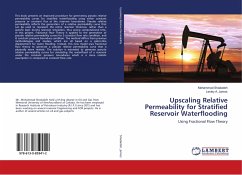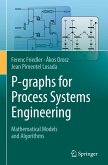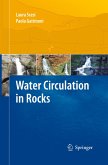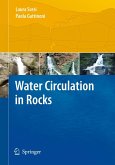This book addresses the problems involved in the modelling and simulation of shale gas reservoirs at pore scale, and details recent advances in the field. It presents the construction of simulation methods, mainly using the lattice Boltzmann method (LBM), that describe sorption, flow, and transport in nanoporous shale with some case studies.
This book highlights the nanoscale effects, ascribed to the large surface-to-volume ratio, on fluids occurrence and transport physics. It discusses some interesting phenomena occurs at nanoporous shale, such as absorbed water film, water condensation, sorption hysteresis, surface excess adsorption, Knudsen diffusion, surface diffusion, structural fluid density, no-slip boundary, etc.
The key techniques and methods introduced in this book provide the basis for accurate prediction of gas-well productivity. The basic principles and modeling methods are also relevant to many other nanoporous applications in science and engineering.
The book aims to provide a valuable reference resource for researchers and professional scientists and engineers working on shale gas development and nanoporous media research.
This book highlights the nanoscale effects, ascribed to the large surface-to-volume ratio, on fluids occurrence and transport physics. It discusses some interesting phenomena occurs at nanoporous shale, such as absorbed water film, water condensation, sorption hysteresis, surface excess adsorption, Knudsen diffusion, surface diffusion, structural fluid density, no-slip boundary, etc.
The key techniques and methods introduced in this book provide the basis for accurate prediction of gas-well productivity. The basic principles and modeling methods are also relevant to many other nanoporous applications in science and engineering.
The book aims to provide a valuable reference resource for researchers and professional scientists and engineers working on shale gas development and nanoporous media research.


